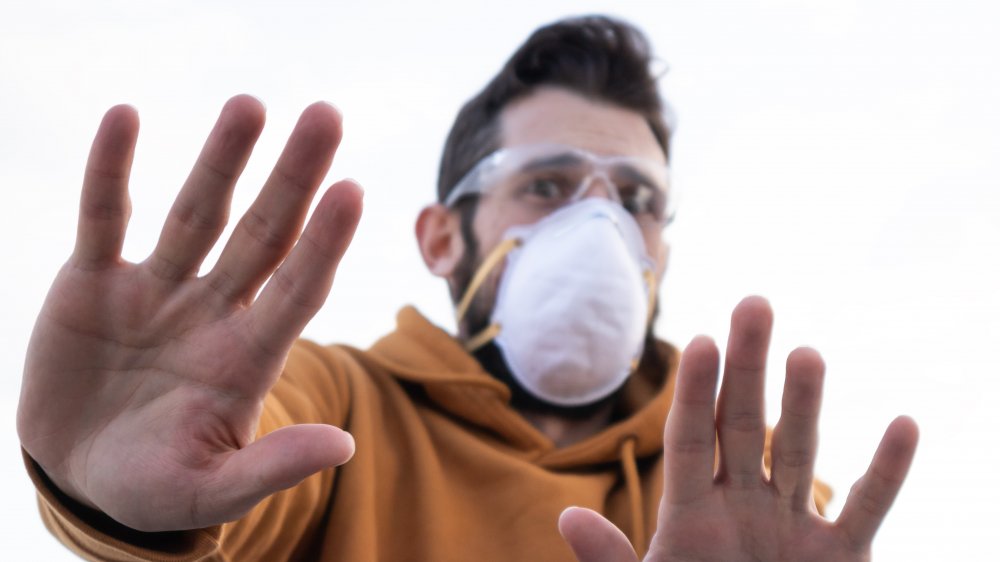Will The Coronavirus Outbreak Slow Down In The Spring?
The fight with the coronavirus is on, and as the BBC told us on March 11, what started as a local skirmish in Wuhan has now reached global status has now escalated to a point where the World Health Organization has classified the outbreak as a pandemic. Still, while it seems that we might be dealing with this particular virus for a while, surely it must die down at some point? One common point of hope seems to be that the coronavirus will slowly lose traction as winter turns to spring and the weather gets warmer. That's what happens with seasonal flu, right?
Then again, it's not like bad, old COVID-19 is much of a seasonal flu. What if ... what if the opposite happens, and it likes the warmer climates? This seems like something we should look into. Will the coronavirus outbreak slow down in the spring?
To slow down or not to slow down, that is the question
On March 9, Chris Bianchi of Boston Herald looked into this very question, and discovered that experts do indeed think that the coronavirus might slow down its seemingly invincible march from country to country when springtime arrives. However, we just don't know enough about the virus to say for certain.
While experts are pretty much just speculating at this point, some of them seem to think that spring will prove a valuable ally in our fight with the coronavirus. "As we move into warmer weather and people are more out in the open, I expect there to be a natural decrease," opines Dr. Stefan Baral of Johns Hopkins University. Thomas Jaenisch of the University of Colorado School of Public Health agrees with the sentiment, but believes that the dryer, warmer spring weather may be able to stop the droplet infection. "The idea is when it is dry and hot, then these droplets fall down faster," he says. "When it is moist and colder, then the droplets can stay in the air suspended and can be taken in by another human."
Then again, Sarah Gibbens of National Geographic writes that epidemiologist Marc Lipsitch of Harvard believes weather won't really affect the spread, and points out that seasonal changes might actually worsen the situation in the Southern Hemisphere. Meanwhile, David Heymann of the London School of Hygiene and Tropical Medicine outright refuses to speculate on the issue. Heymann points out that there's currently no evidence base to make any predictions, and that pure speculation might be dangerous because it could give people a sense of false security. We ... actually think we're Team Heymann, here.

